Following the announcement of “WALC – a new future of walking arts – the largest cultural investment putting walking arts on the map” we are delighted to have as Café guests representatives from each of the consortium partners who put together the successful EU funding application for the Walking Arts and Local Communities project.
With seven partners from five countries, WALC establishes an International Center for Artistic Research and Practice of Walking Arts, in Prespa, Greece, at the border with Albania and North Macedonia, and sets a new model for artists and organisations in community-based practices benefitting the rural and natural areas of all partners. WALC builds on the previous work of hundreds of artists and researchers in a shared network practicing Walking Arts as a collaborative medium, involving local inhabitants, engaging with local activists and nature workers, young artists, and curators, open for an international public.
WALC is setting an innovative model of trans-European cooperation, for community-based practices, based on walking arts. and the emergence of new art venues, beyond the established art market, through experimentation and new artistic networks, and as a fertile ground for contemporary and emerging disciplines. It fulfils the need for community-based art practices that strengthen one of the main purposes of art; renewing its relation to society, more needed than ever in our world of today.
Names and faces familiar to many walking artists, we hope to introduce them to people who have not yet considered walking art, they include Yannis Ziogas, Geert Vermeire, Clara Gari, Anna Luyten, Sylvie Marchand, Miguel Bandeira Duarte and Kostas Diamantis Balaskas.
We look forward to hearing their hopes and aspirations of how the WALC project may evolve. Come along and find out how you can benefit through involvement in the project.
The Walking Arts and Local Communities consortium partners are: Visual March to Prespes, University of Western Macedonia (Leader, Πανεπιστήμιο Δυτικής Μακεδονίας, UOWM, Greece), walk · listen · create (WLC, Belgium), WalkLab2.PT at the University of Minho (UMINHO, Universitade do Minho, Portugal), Cultural Association Cochlea (Asociación Cultural Cochlea, CACN, Spain), Association Temps Reel (Gigacircus, France), Action Synergy SA (AS, Greece), School of Gaasbeek (De School van Gaasbeek, SvG, Belgium).
Thanks to the EU Creative Europe Cooperation grant this Café is a free event – when booking your ticket, take a moment to bring your walk · listen · create profile is up to date, or add a bio to create one if you haven’t already. To keep up to date with the Walking Arts and Local Communities over its four year duration, make sure you are subscribing to the weekly walk · listen · create newsletter.
A video recording of the event will be made available in due course.
Hosts

Walking Arts & Local Communities (WALC) is an artistic cooperation project, co-funded by the European Union, Creative Europe, starting in January 2024 for four years. With seven partners from five countries, WALC establishes an International Center for Artistic Research and Practice of Walking Arts, in Prespa, Greece, at the border with Albania and North Macedonia, backed up by an online counterpart in the format of a digital platform for walking arts.
WALC builds on the previous work of hundreds of artists and researchers already practicing Walking Arts as a collaborative medium, and having met at the significant previous walking arts events and encounters in Greece, Portugal, Spain, France, Belgium, and during online activities at walk · listen · create.

We acknowledge the support of the EU Creative Europe Cooperation grant program in the framework of the European project WALC (Walking Arts and Local Community).
Funded by the European Union. Views and opinions expressed are however those of the author(s) only and do not necessarily reflect those of the European Union or the European Education and Culture Executive Agency (EACEA). Neither the European Union nor EACEA can be held responsible for them.
| Video recording of cafe |
Related
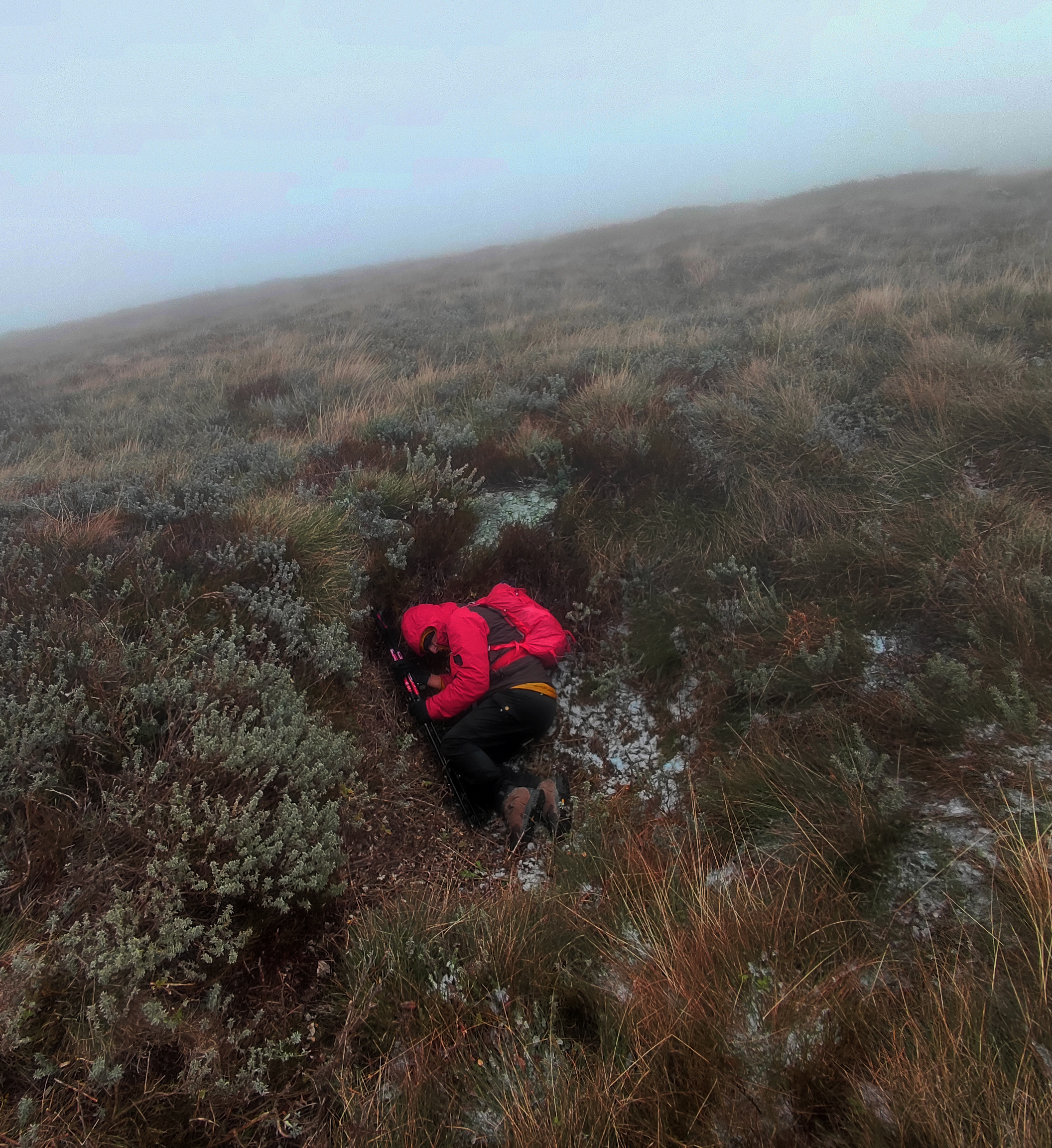
Ascending into Trenches
Yannis Ziogas I wander in places visible and invisible. I find objects, I trace experiences, I foresee conditions of creativity. Where do I locate myself? I have been in places […]I have wondered in conditions and situations[…] And now I am here. Where is that here? Who do I find in this here?
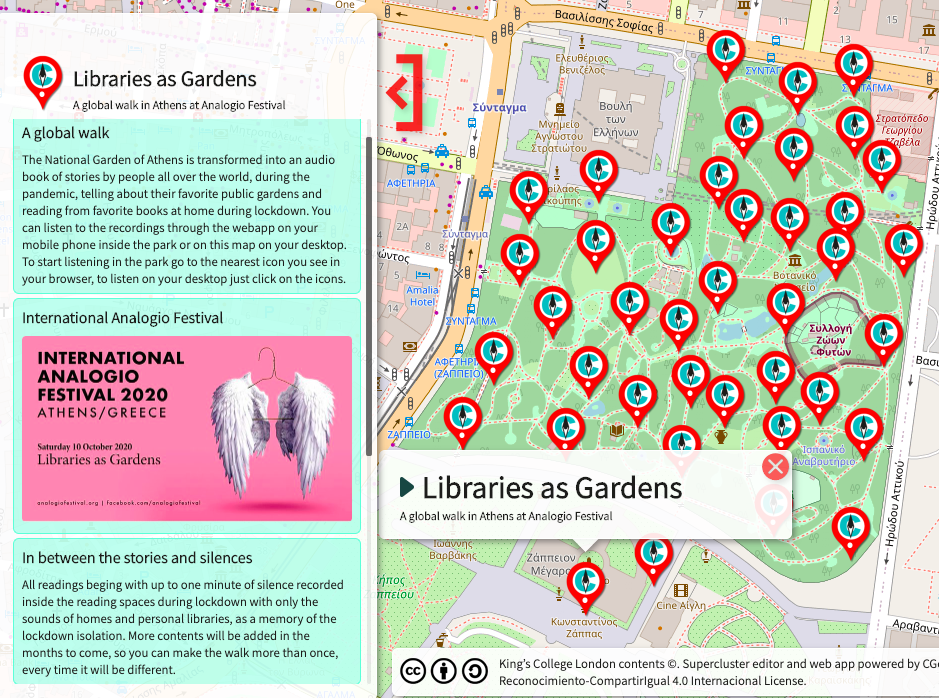
Libraries as Gardens – sound walk in Athens
The National Garden of Athens is transformed into an audio book of stories by people all over the world, during the pandemic, telling about their favorite public gardens and reading from their favorite books at home during lockdown. You can listen to the recordings while walking inside the National Garden of Athens through a webapp
Grand Tour Slow Train soundwalk
Grand Tour is a 250 km three week walk performed by artists of all disciplines. In 2019 Grand Tour goes from the Ebro River Delta to the city of Lleida. The journey starts on august 14th and ends on september 1rst, the day of the world soundwalk. This day walkers will take a train back
Wandering as a discipline
A walkshop for Prespa. I investigate the power of ‘not knowing’ and wandering in walking art. Wandering, seen as a discipline of the art of loving the unforseen, the beauty of the problem and the philosophy of failing as a methodology to connect and reconnect with others, the environment and oneself. In this paper, written


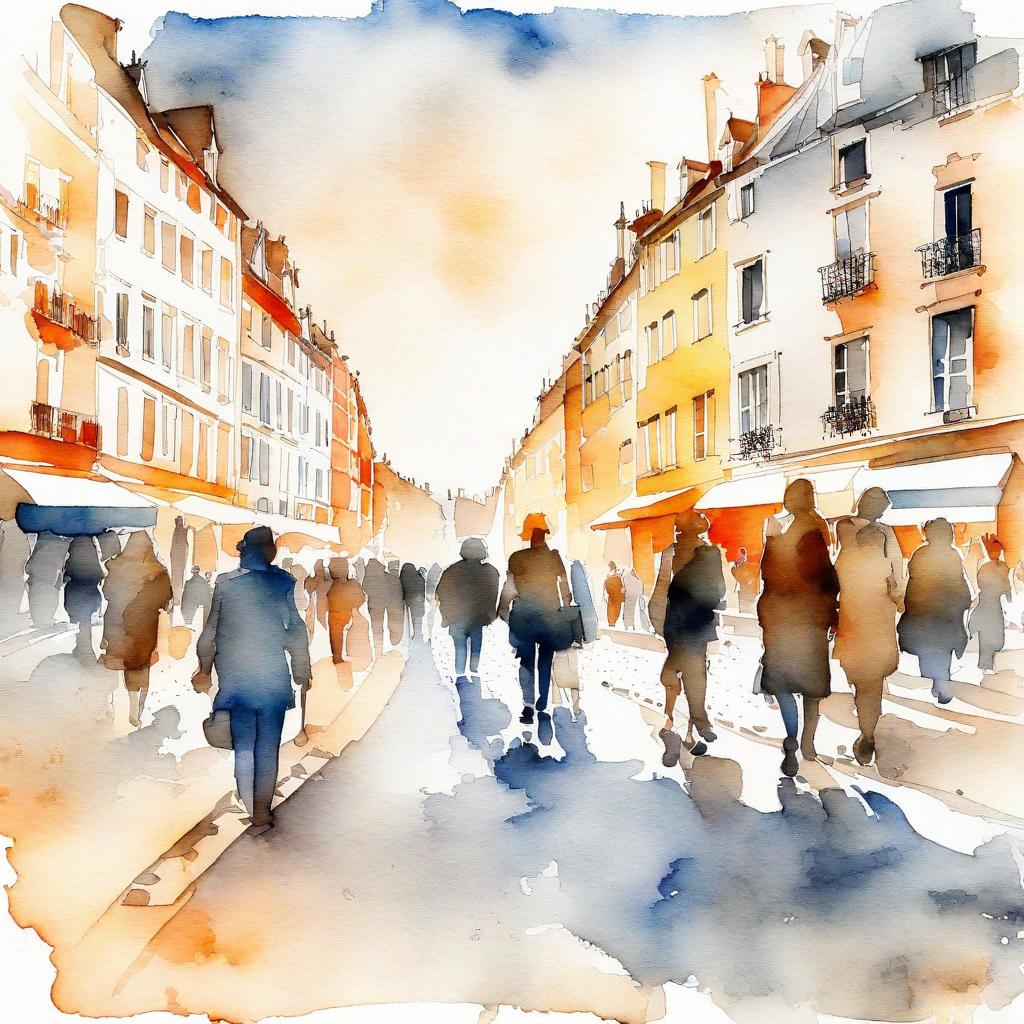
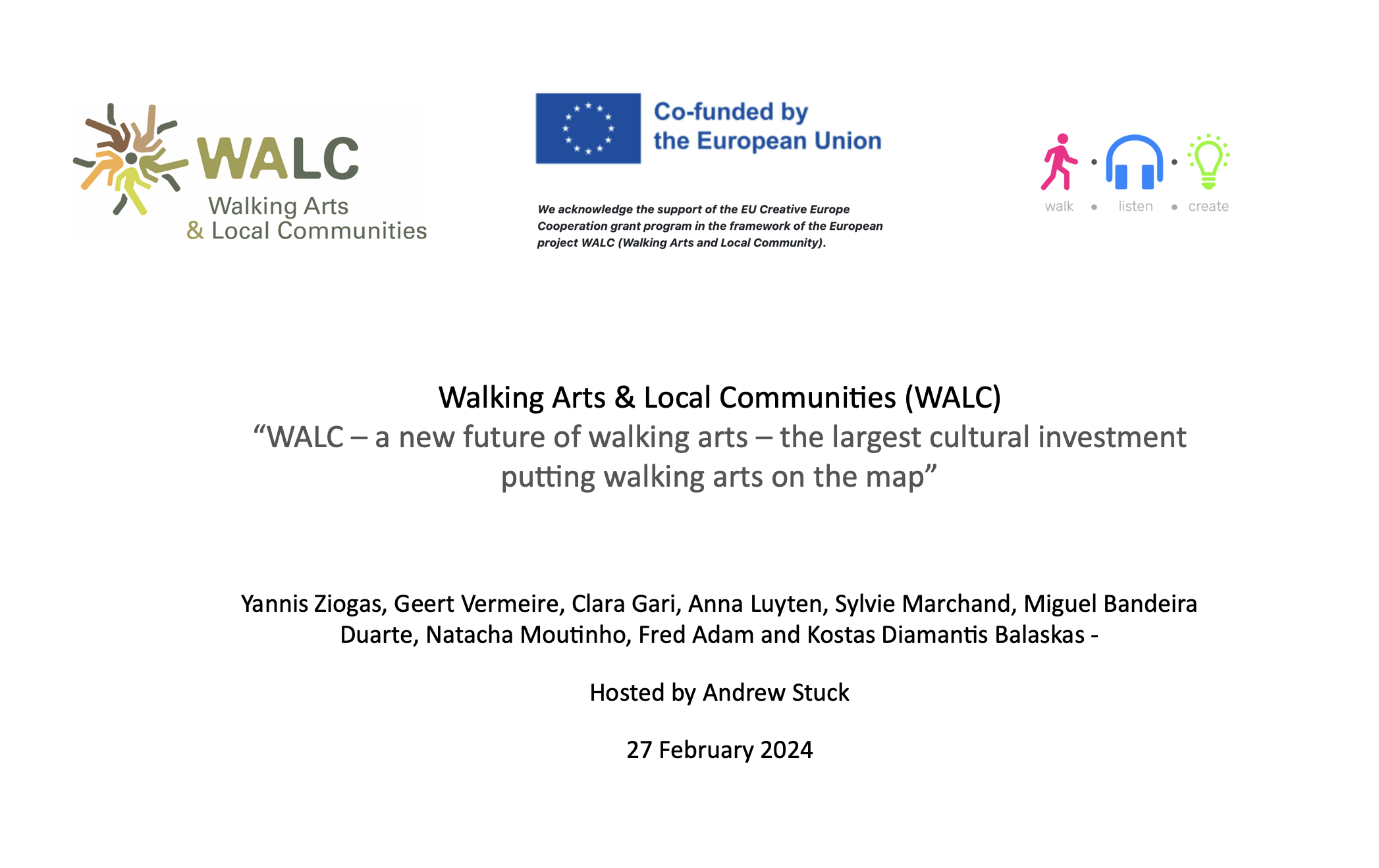
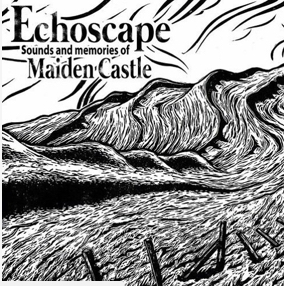
Sounds wonderful. Congratulations on getting such substantial funding. I have another walk café on 27th at 8. Will you be recording this so I can listen and watch later? Thanks, Tamsin
Tamsin – yes, as long as I hit the record button… there will be a recording.